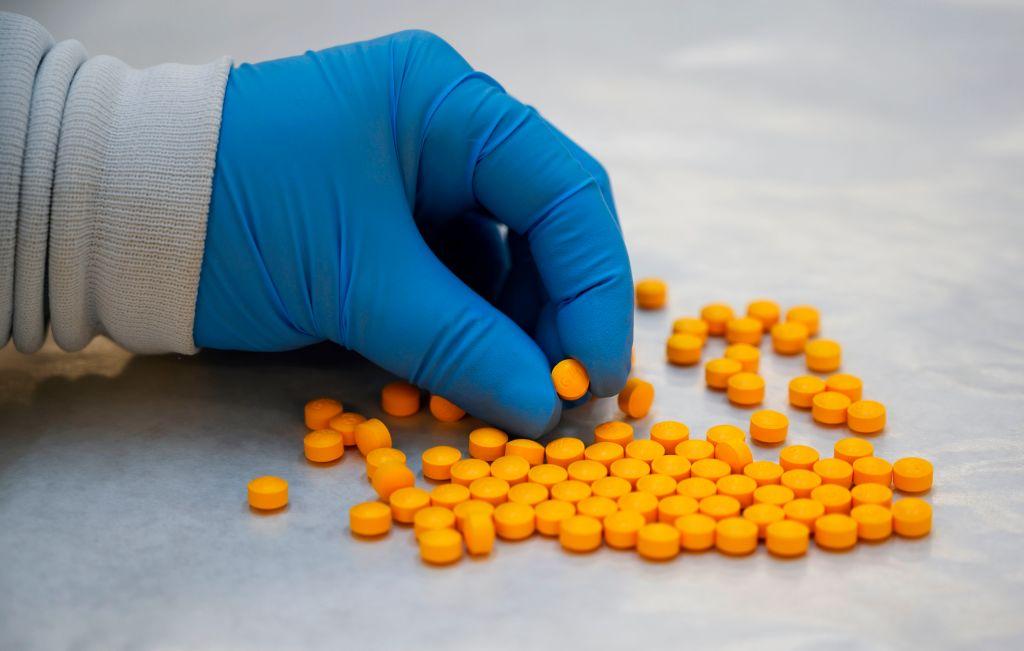The Australian National University (ANU) has found that police raids on the dark web marketplaces have dented the supply of opioids, like fentanyl being sold illegally online.
The report (pdf), commissioned by the Australian Institute of Criminology’s (AIC) Serious and Organised Crime Research Laboratory, examined how law enforcement seizures and the subsequent black market closures affected the availability of opioids on the darknet. The darknet refers to a specifically used network for a criminal purpose and can only be accessed through specific software like Tor or Freenet.




